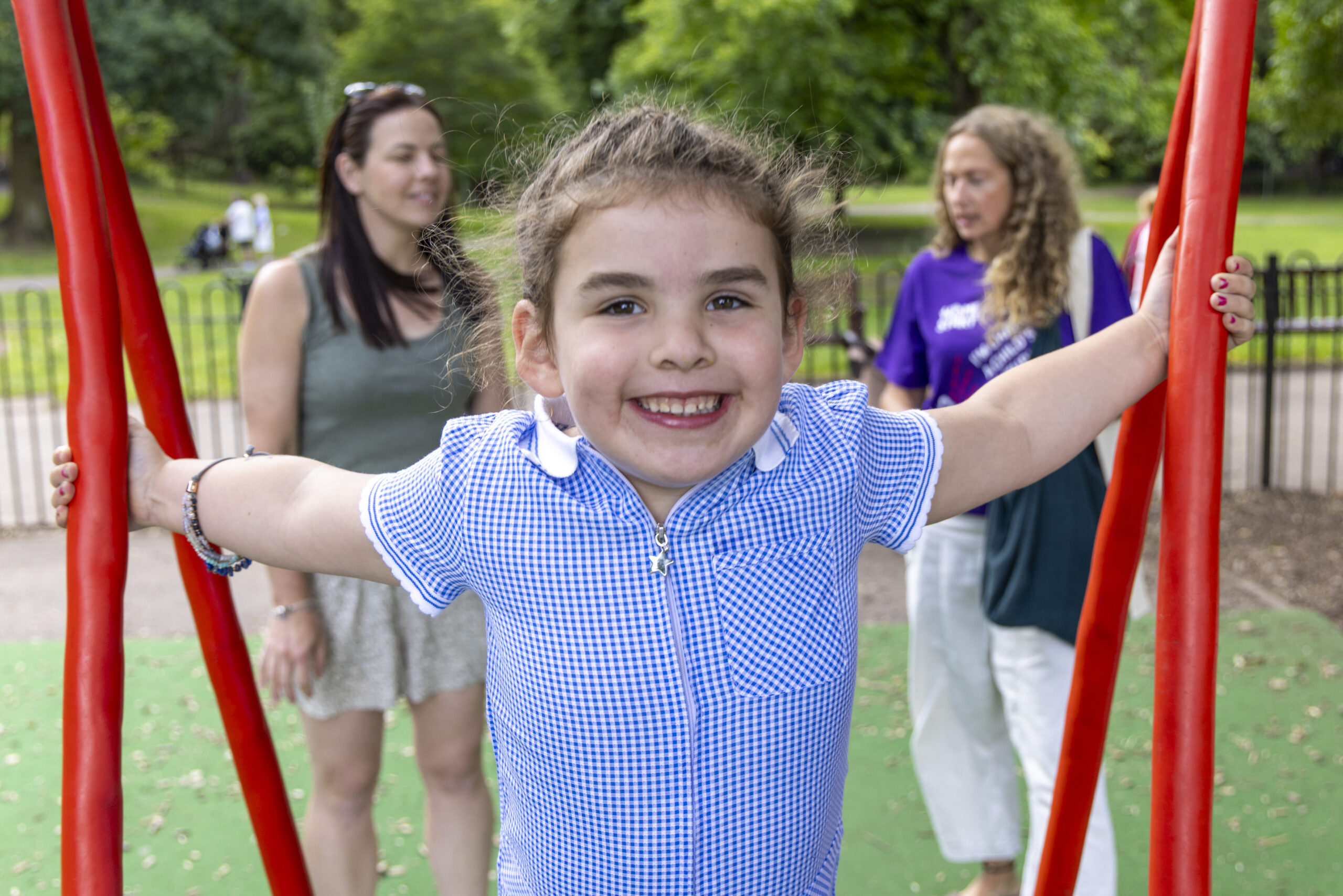Tips for every school milestone this September
As parents, we all want to make sure our children are ready to go to school in September. Whether they are starting their first day of Reception, moving up a year group or transitioning to high school, we have put together our top tips to help you support your children through whichever milestones they might be reaching this new academic year.
Starting primary school
Work together to establish a routine. It’s understandable that you may not have had a consistent routine throughout the summer, but morning and bedtime routines can help ensure children feel well-rested and prepared for the school day.
Following a consistent routine can help your child adjust to starting school and asking them to help you decide what their new routine will look like will help them to feel involved and understand what to expect from each day.
Think about when you will get their uniform ready, what time they will need to wake up in the morning and what time you will need to leave the house to get to school in time.
Talk about school openly. Discuss with your child what school might be like and have open conversations to determine if your child has any worries or concerns.
Address their concerns and try to ease them with reassurance. You can then focus on the positive aspects of starting school to divert their focus to what they might look forward to rather than what they feel uneasy about to help reduce worries.
Reading books about starting school can also help children to recognise and understand their feelings. Relating to characters in a book can provide them comfort in knowing that they won’t be the only people in their class experiencing feelings of unease and can also make them aware that those feelings won’t last forever.
Understand that it may take time for your child to adjust. Starting school is a big change for children who are only four or five years old. Offer them reassurance and encouragement as they adjust and work with the school to help them settle into their new environment.
Settling into a new year group
Discuss what changes they might experience and if they have any concerns. While children starting in years 1-6 will have been to school before, they are likely to still experience changes such as new teachers, new classrooms or even new classmates.
Speak with your children about what to expect from their new school year and help them to understand that it’s normal to feel a mixture of emotions. Let your child know about any changes to their routine that you are aware of, such as changes to the timings of their day, staff changes and location or layout of their classroom.
Build a strong support network. Get to know your children’s teachers and support staff who will be working with them in school and establish a good line of communication. This enables you to create a rapport with your child’s teaching staff, so you feel comfortable discussing any concerns that may arise.
You could also get to know other parents to build a strong support network for the upcoming school year. Throughout the year you can then answer each other’s questions and offer support within your group.
Celebrate the first day back. While going to school isn’t something new for children progressing onto the next year group, it still involves changes that your children might have uneasy feelings about. You can celebrate their first day and help them to start the new school year in a positive way with a special photo, thoughtful note in the lunchbox or bag or by offering a fun after school treat!
Transitioning to high school
Encourage open communication. Talk to your child about how they are feeling about starting high school but try not to make assumptions. Ask them if they have any worries or concerns and also ask what they are looking forward to at their new school. You can share you own experiences with them, but remember that their experiences are likely to be different.
Prioritise mental health and wellbeing. Starting high school can be stressful, especially if your children are anxious about new routine, new environments, new classes, teachers or social situations. Pay attention to your children’s emotional wellbeing and be proactive in addressing signs of wavering mental health.
Remember this applies to you too. As parents, watching our children reach milestones can be emotional. The transition into high school is likely to take time, so don’t put additional pressure on yourself. Do your best to support, reassure and comfort your children without putting pressure on yourself to make sure they are settled into their new routine straightaway.
Update your routine. When children are at high school, they are likely to have more independence. They might have to travel to school using a different method than when they went to primary school and there may be after school clubs they would like to participate in. Create a new family routine and use a calendar that you can all access, either digitally or physically, so that everyone knows where to expect each other to be and when.
Encourage independence and involvement in school activities. Encouraging your children to participate in extracurricular activities at school can help children make new friends, develop new skills and feel more connected to their school community. It can also a great way for them to build more independence and take on new responsibilities.
It is important to remember that children are all different what helps one child, might not help another. So be understanding, be flexible where possible and adapt these tips to suit the needs of your family.

Interested in volunteering?
We’d love to hear from you!
Call our team on 01473 621104 or click here to find out more.